
EU Cyber Sanctions between Effectiveness and Strategy
On Thursday 4 February 2021 from 16:00-17:30 (CET), we are organizing a panel debate on the topic of cyber sanctions, moderated by Fabio Cristiano.
Panelists

Timo Koster
Timo Koster (@tskos) is the former Dutch Ambassador-at-large for Security Policy& Cyber and former Director for Defence Policy and Capabilities at NATO HQ in Brussels.
Link to Profile
.png)
Erica Moret
Erica Moret (@DrEricaMoret) is Senior Researcher at the Centre for Global Governance and Visiting Lecturer at the Department of International Relations/Political Science at the Graduate Institute, Geneva.
Link to Profile

Stefan Soesanto
Stefan Soesanto (@iiyonite) is a Senior Researcher in the Cyberdefense Project within the Risk and Resilience Team at the Center for Security Studies (CSS) at ETH Zurich.
Link to Profile
You can register for our event here. We will send you an email with the livestream link an hour before the event starts. (If you have any issues registering, please contact us at info@thehaguecybernorms.nl)
In October 2020, the European Union followed in the footsteps of the United States and imposed its cyber sanctions for the very first time. These are one of the instruments available in the Union’s cyber diplomacy toolbox and are specifically designed ‘to prevent, discourage, deter and respond to continuing and increasing malicious behaviour in cyberspace’. While representing an important step forward for the Union’s commitment to uphold a ‘rules-based order’ in cyberspace as a single voice, the adoption of cyber sanctions raises however questions on their effectiveness and their broader strategic function. Addressing these two aspects, this panel debate thus aims 1) to shed light on the current developments on cyber sanctions within the EU; 2) to interrogate their effectiveness as legal instruments; and 3) to explore how they intersect with the EU’s broader strategic and geopolitical role as normative power in cyberspace.
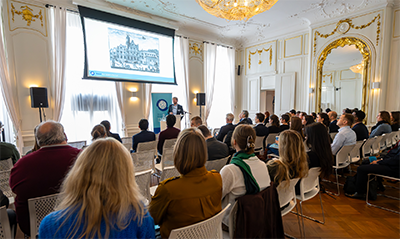


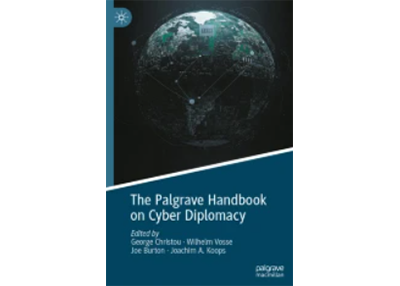
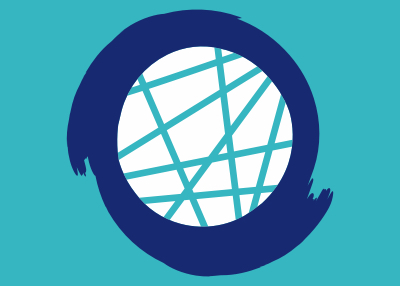

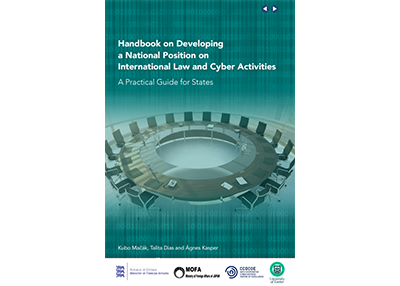


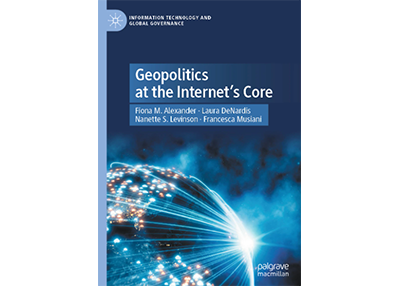
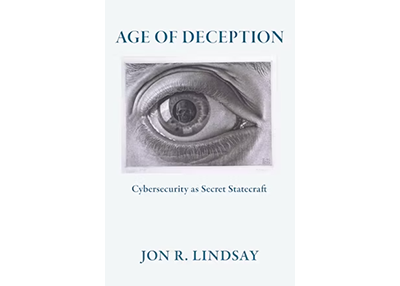
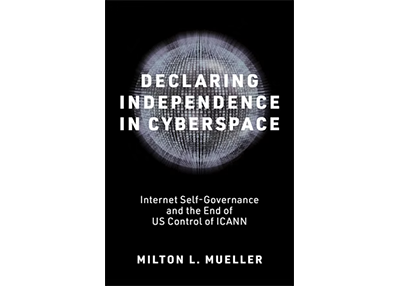





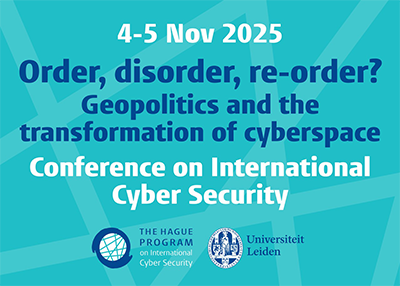
































_400x286.png)






































